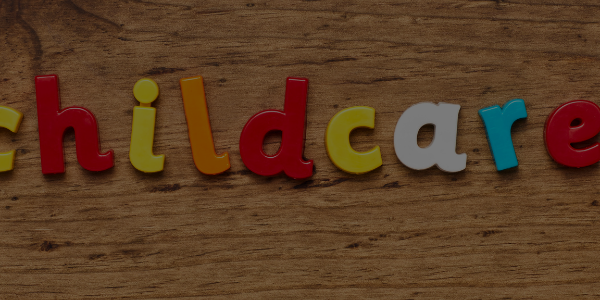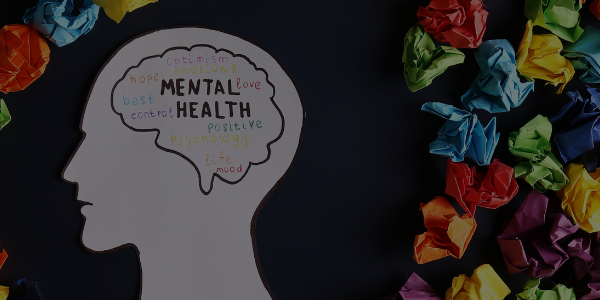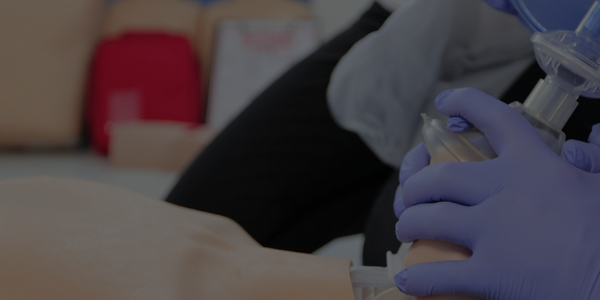As April unfolds, we turn our attention to a topic of paramount importance – Allergy Awareness. Allergies affect millions of individuals, and being informed about allergies, First Aid, and treatment can be life-saving. Whether you’re an educator, teacher, or NDIS worker, understanding how to recognize, respond, and provide treatment for allergies and anaphylaxis is crucial. In this blog post, brought to you by AB First Aid Training, we’ll delve into the significance of Allergy Awareness, emphasising its relevance for personal and community well-being.
Why Allergy Awareness Matters:
Allergies are a prevalent health concern worldwide. Here’s why Allergy Awareness matters:
- Lifesaving Knowledge: Being aware of common allergies and their symptoms allows for quick response in emergencies.
Statistics: Approximately 4.1 million Australians are affected by allergic diseases, according to recent data. - Quality of Life: Allergies can significantly impact an individual’s quality of life, from managing daily routines to participating in social activities.
Statistics: Allergy-related conditions account for a substantial portion of healthcare visits and expenses in Australia. - Preventable Reactions: With proper awareness, precautionary measures, and knowledge of treatment, many allergic reactions can be prevented or managed effectively.
Key Elements of Allergy Awareness:
To prioritise Allergy Awareness, consider the following key elements:
- Identify Common Allergens: Familiarise yourself with common allergens, such as food, insect stings, medications, and environmental factors.
- Recognize Allergic Reactions: Learn to recognize the signs and symptoms of allergic reactions, which can vary from mild to severe.
- Emergency Response: Understand how to administer First Aid and when to seek professional medical assistance in case of severe allergic reactions, such as anaphylaxis.
Treatment for Allergies and Anaphylaxis:
In case of allergies and anaphylaxis, prompt treatment is crucial. Here are the steps to take:
- Administer Epinephrine: For severe allergic reactions (anaphylaxis), use an epinephrine auto-injector (e.g., EpiPen) if available. Inject it into the outer thigh and follow the instructions.
- Call for Help: Dial emergency services immediately. Even after administering epinephrine, professional medical assistance is needed.
- Monitor and Comfort: Stay with the person, keep them calm, and monitor their vital signs while waiting for help to arrive.
- Allergy First Aid:Allergy First Aid is essential, especially when dealing with severe allergic reactions. Consider taking an Allergy First Aid course to equip yourself with the skills to offer immediate assistance when needed.
Conclusion:
In April, let’s raise awareness about allergies, First Aid, and treatment. By understanding common allergens, recognizing reactions, knowing how to respond, and administering treatment when necessary, we contribute to a safer and more inclusive community.
AB First Aid Training offers courses that cover Allergy First Aid and treatment for allergic emergencies, empowering you to provide assistance in critical situations. To learn more about our training options and how AB First Aid Training can support your safety efforts, visit our website at www.abfirstaid.com.au or contact us at 8364 8984.
Together, we can make April a month of Allergy Awareness, fostering safety, understanding, and life-saving treatment for all.
#AllergyAwareness #AllergyFirstAid #AnaphylaxisTreatment #CommunitySafety #ABFirstAidTraining #StaySafe
Please note that regular First Aid and CPR Training is the best way to make sure that you’re prepare in the case of an emergency. Book a course with us
Find this article useful? Enjoy reading more of our blogs here!





